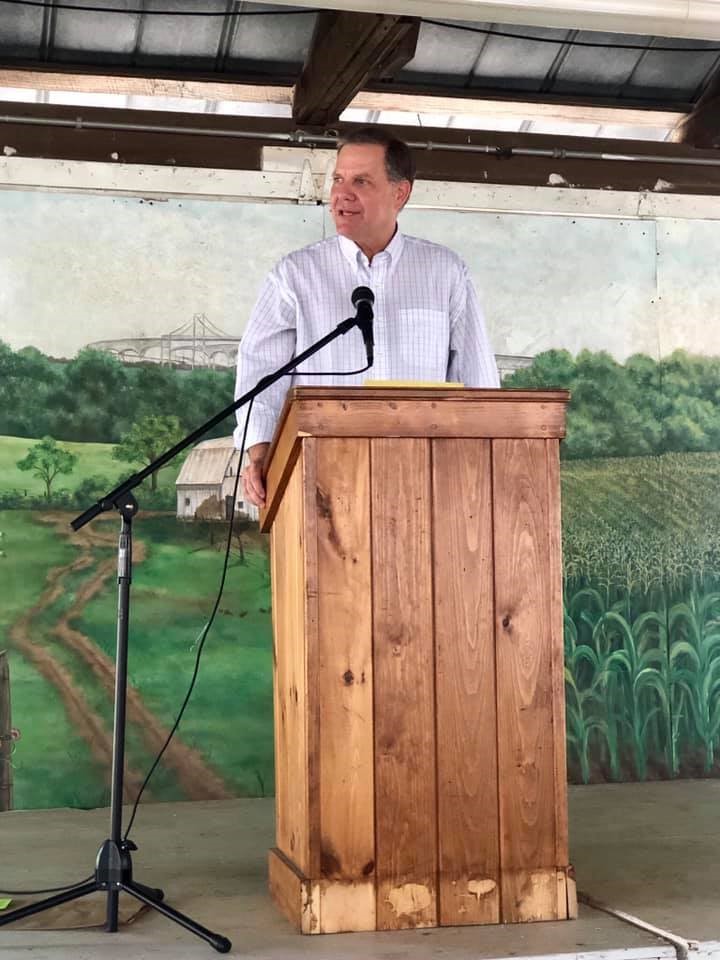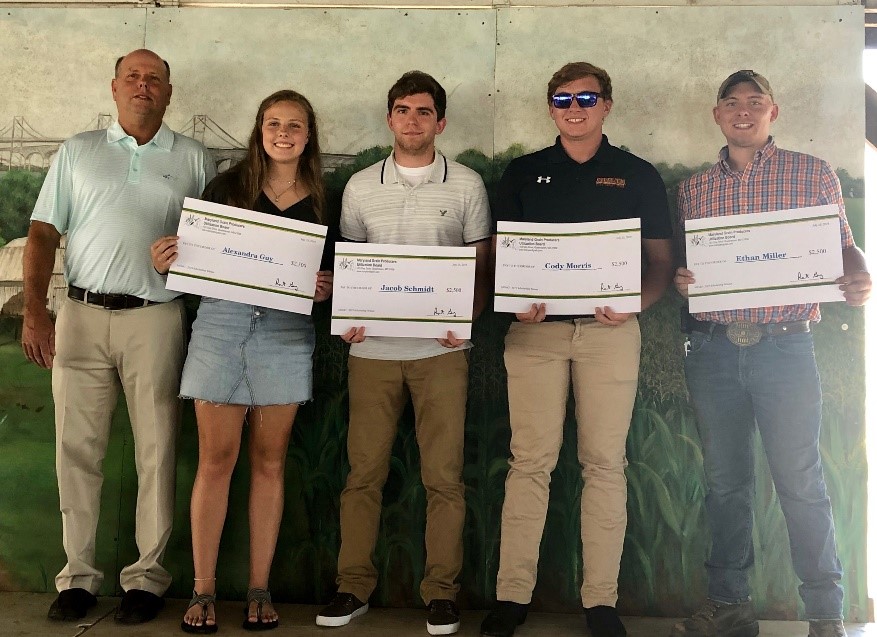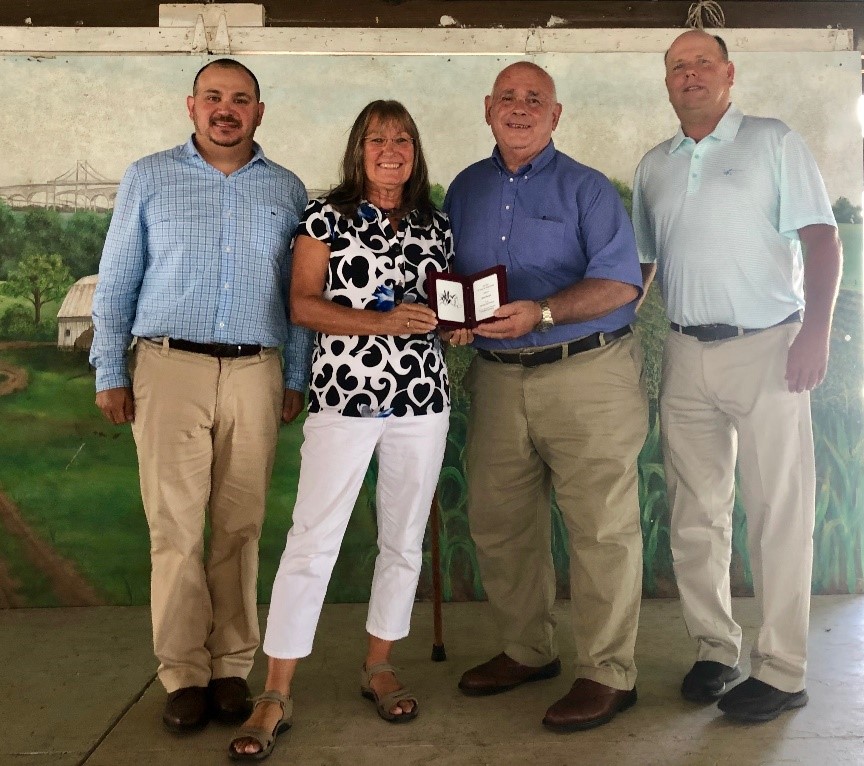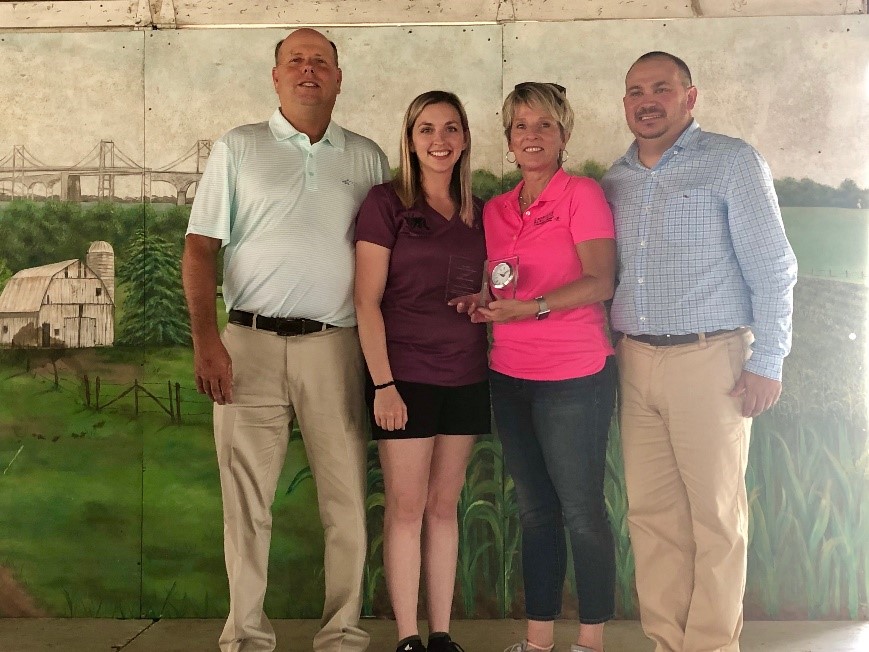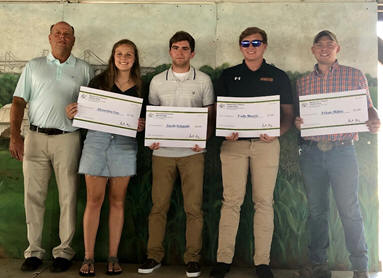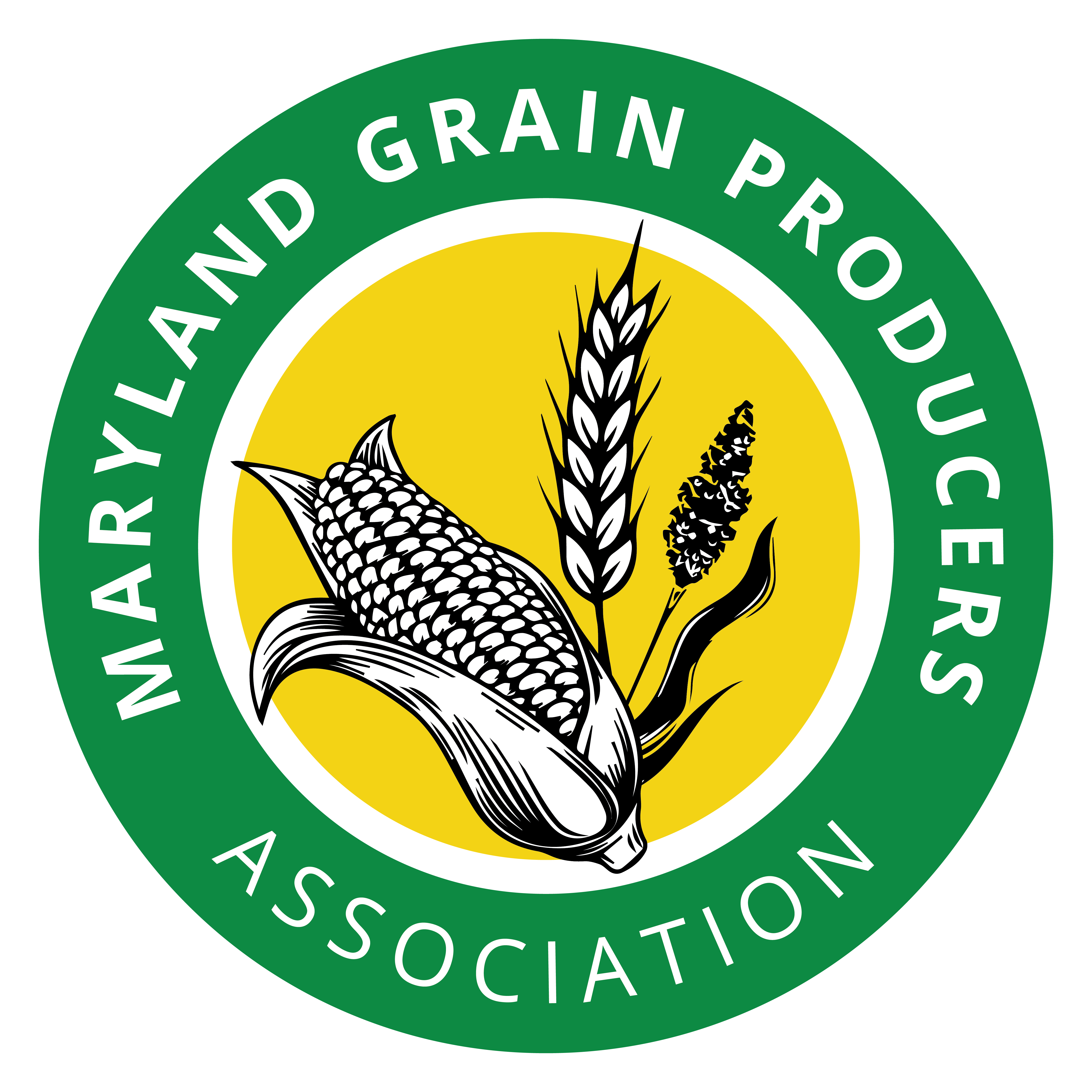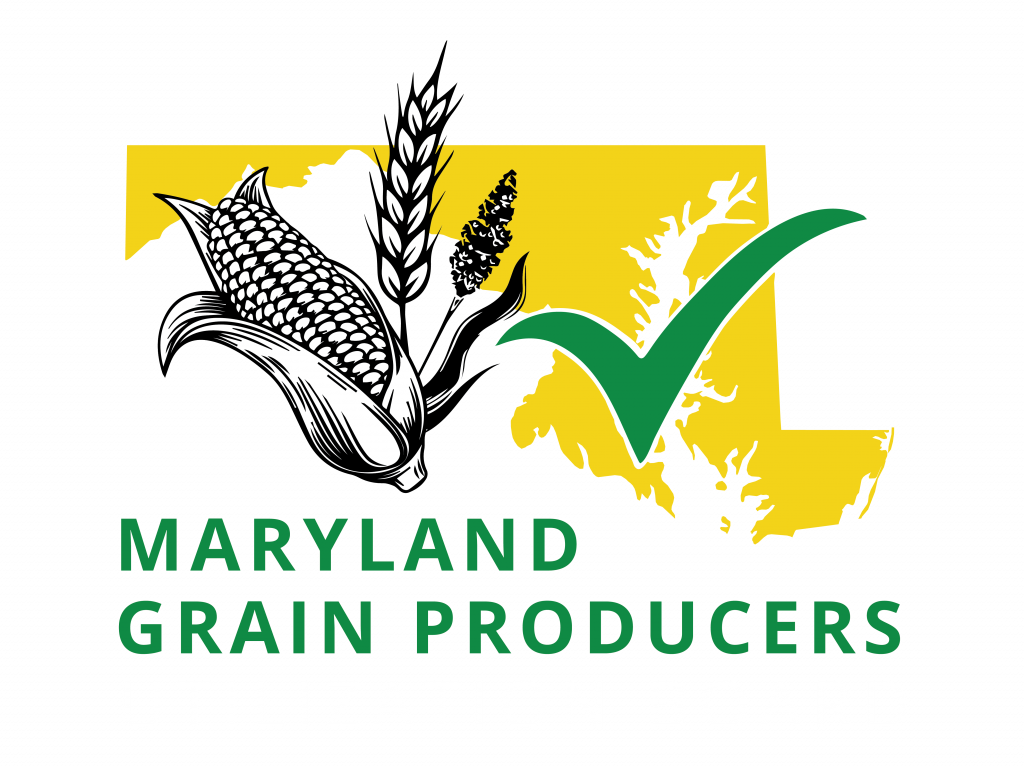From Middletown Maryland, Drew Haines took advantage of the ideal weather this year to grow Maryland’s new state corn yield record. Coming in with a yield of 422.352 bushels of corn to the acre, Drew alongside his brother and son, took first place in the National Corn Yield Contest for no-till, non-irrigated corn.

As first generation farmers, the Haines family practices no-till on 600 acres in Middletown, Maryland. Ten years ago Drew began to pay close attention to balancing his soil nutrition and biology which has allowed him to see continual improvement in his corn yield. In 2018, Drew and his family achieved Maryland’s highest corn yield and won the corn yield contest with 366 bushels to the acre. This year, Drew topped his yield above and beyond! The Haines family harvested corn on non-irrigated and no-till land with a yield of 422 using DEKALB variety DKC68-69RIB. Drew works closely with his advisors at DEKALB; Susan, Brian, and puts a lot of trust in their advice and expertise.
Drew splits his nitrogen application several times which “allows him to feed his corn when it’s hungry.” From his experience over the years and time in the field weekly, Drew understands when a crop needs nutrients. To build organic matter the Haine’s apply animal bedding from his cows to keep the soil undisturbed. “When our corn is harvested, the grain does not take all the nutrients. By allowing stalks to decompose, we are putting nutrients back into our soil for next years crop.”
Drew said that while he did not attend college to get his strong background in soil biology and agronomy, he as many farmers do, has a strong connection to his land and crops and tests products and practices like science experiments on the farm. Learning from these experiments, allows farmers like the Haines family to see what works best on their land.
Maryland Grain Producers Utilization Board congratulates Drew Haines and his family on this amazing achievement.
Maryland State Winners
- Conventional Non-Irrigated: Brenda Walsh from Hampstead with 308 bu/acre.
- No-Till Non-Irrigated: Drew Haines from Middletown with 422 bu/acre.
- Strip, Min, Mulch, Ridge-Till, Non-Irrigated: David Hill from Kennedyville with 232 bu/acre.
- No-Till, Irrigated: Marion Wilson from Centreville with 289 bu/acre.
- Strip, Min, Mulch, Ridge-Till, Irrigated: Bruce Bartz from Denton with 232 bu/acre.
- Conventional Irrigated: Jason Larry Sheubrooks from Sudlersville with 296 bu/acre.
The National Corn Yield Contest is in its 55th year and brings together farmers to create and innovate for the good of the industry. The contest allows farmers to learn from their peers and puts a national spotlight on the 27 winners. Top winners receive cash trips and other awards from participating sponsoring seed, chemical, and crop protection companies. Winners will be honored during the Commodity Classic in San Antonio, Texas.
